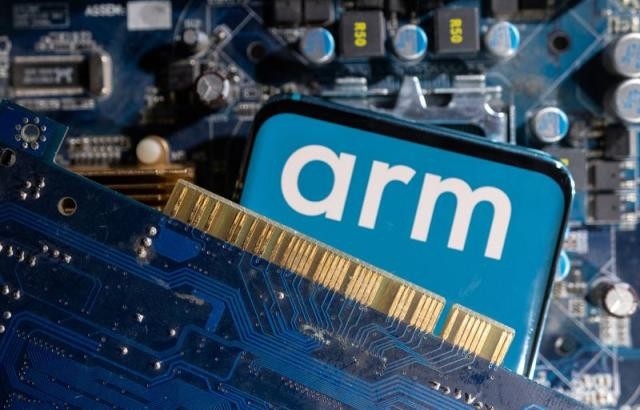
In a stunning development that has sent shockwaves through the semiconductor industry, British chip designer Arm has moved to terminate Qualcomm's license to manufacture its popular Snapdragon chips. This decision could have far-reaching consequences for Qualcomm, as the company relies heavily on these licenses for its product lineup.
The conflict between Arm and Qualcomm has been brewing for some time, with tensions escalating following Qualcomm's $1.4 billion acquisition of chip design startup Nuvia in 2021. Arm contends that this acquisition violated the terms of their existing licensing agreement, as Nuvia had a separate arrangement with Arm that should have been renegotiated.
Arm's decision to issue a 60-day cancellation notice for Qualcomm's "architectural license" marks a dramatic escalation in the ongoing dispute. This license has been the foundation of Qualcomm's ability to create custom chips based on Arm's intellectual property, powering a vast array of Android smartphones and other devices.
The potential impact on Qualcomm's business cannot be overstated. If Arm follows through with the termination, it could severely disrupt Qualcomm's chip manufacturing operations, which reportedly account for nearly all of its $39 billion annual revenue.
Qualcomm has responded forcefully to the notice, accusing Arm of attempting to "strong-arm a longtime partner" and describing the termination threat as "completely baseless." The company argues that its existing agreement with Arm covered all aspects of the Nuvia acquisition.
This latest development comes amidst ongoing legal battles between the two companies. Arm sued Qualcomm in 2022 for breach of contract and trademark infringement, while Qualcomm countersued, setting the stage for a high-stakes courtroom showdown.
The 60-day notice period may serve as a final opportunity for the two tech giants to reach a settlement through negotiations. However, Arm's drastic move suggests that previous attempts at resolution have been unsuccessful.
As the clock ticks down, the tech industry watches with bated breath to see how this dispute will be resolved. The outcome could reshape the landscape of mobile and PC chip manufacturing, with potentially significant implications for consumers and the broader technology ecosystem.